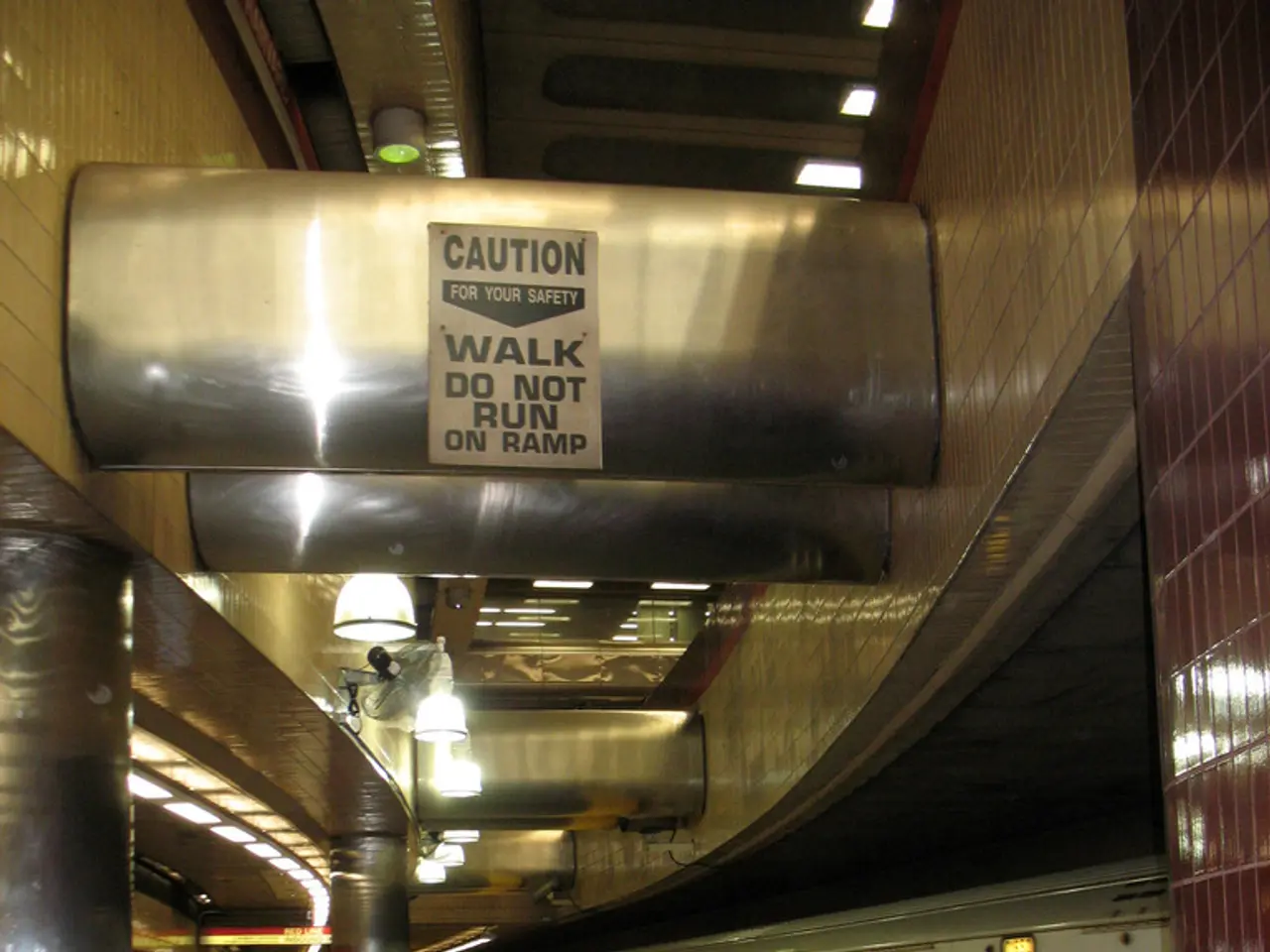Japanese Steel Giant Nippon Steel Purchases US Steel for $14.9 Billion Following Prolonged Negotiations; US President Donald Trump Granted Board Seat as Part of Agreement
In a surprising twist, Nippon Steel's acquisition of US Steel, valued at a whopping $14.9 billion, has handed United States President Donald Trump an unusual level of power. After an arduous 18-month struggle, the deal was finally sealed on Wednesday.
Thanks to the deal terms, Nippon Steel now holds 100% of US Steel shares, purchased at $55 per share, which had been in the works since December 2023. As part of the agreement, Nippon Steel conceded an unprecedented level of control to the American government to secure the deal amid political opposition.
The so-called "golden share" gives the US government veto power over a wide range of corporate decisions, from shutting down plants to cutting production capacity and moving jobs overseas. This arrangement was part of a national security agreement, signed with the Trump administration, which also grants the president the authority to appoint a board member.
The "golden share" also extends to potential relocations of US Steel's headquarters, transfers of jobs overseas, name changes, and any future acquisitions of rival businesses. Commerce Secretary Howard Lutnick hinted at these details in a weekend social media post.
Critics argue that the inclusion of this mechanism could discourage overseas investors from investing in US companies, especially given the political overtones of the golden share.
With this acquisition, US Steel stands to gain $11 billion in investment through 2028, including $1 billion for a new US mill. As the world's fourth-largest steel company, Nippon Steel will benefit from a multitude of American infrastructure projects while its competitors face hefty steel tariffs of 50%.
By securing the deal, Nippon Steel also avoids a $565 million fee it would have had to pay if the companies had failed to gain approvals. The newly merged entity is anticipated to boost Nippon Steel's annual crude steel production capacity to 86 million tonnes, inching closer to its global strategic goal of 100 million tonnes.
Despite opposition from the United Steelworkers union, both then-President Joe Biden and Trump had openly expressed their disapproval of the deal during the presidential election campaign. After blocking the deal on national security grounds, President Biden faced lawsuits from the companies. However, in April, the Trump administration initiated a fresh 45-day national security review into the proposed merger.
Trump's inconsistent comments about the deal, ranging from welcoming a simple investment to floating a minority stake for Nippon Steel, had caused confusion. By the end, Trump's rally on May 30 fueled hopes of approval, and sign-off finally came on Friday with an executive order permitting the companies to combine under the terms of the golden share agreement.
The markets responded favorably to the news, with Nippon Steel's share price up 2.7% as of 11:00am in New York (15:00 GMT).
In essence, the US government's golden share in this acquisition serves as a strategic safeguard to ensure US national security interests and protect domestic industry without full government ownership. The unique mechanism grants the US extraordinary veto power over US Steel's major decisions, while Nippon Steel retains operational freedom. This arrangement underscores heightened geopolitical and economic sensitivities around critical American industries in global mergers and acquisitions.
- The unique arrangement between Nippon Steel and the US government involving a 'golden share' provides the US government with veto power over a wide range of corporate decisions, including shutting down plants, cutting production capacity, and moving jobs overseas, as part of a national security agreement.
- Critics argue that the inclusion of this 'golden share' mechanism could discourage overseas investors from investing in US companies, especially given the political overtones of the golden share.
- With this acquisition, US Steel stands to gain $11 billion in investment through 2028, but the inclusion of the 'golden share' means that the US government can intervene in major decisions, potentially affecting business operations.
- The 'golden share' arrangement in the US Steel acquisition highlights increased geopolitical and economic sensitivities surrounding critical American industries in global mergers and acquisitions, as it allows the US government to safeguard national security interests while maintaining operational freedom for Nippon Steel.




